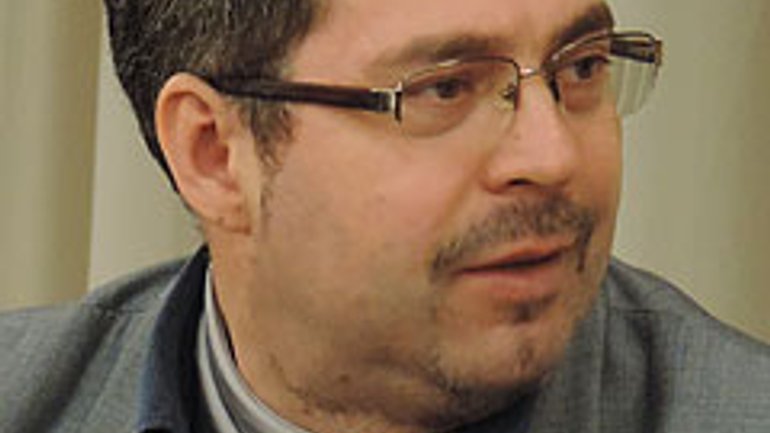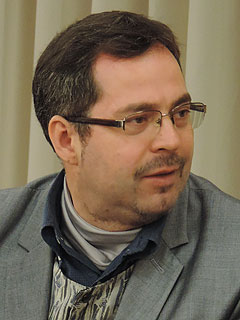Moscow trying to obstruct opening of the Ecumenical Patriarchate’s Metochion in Ukraine


The Russian Orthodox Church is struggling to obstruct the opening of the Ecumenical Patriarchate's Metochion in Kyiv and Lviv, and it resorts to various methods to this end. It is also trying to compromise this idea through its own media.
Andriy Yurash, Director of the Department for Religious Affairs and Nationalities of the Ministry of Culture of Ukraine, told about this in a commentary to RISU.
“The position of the Russian Orthodox Church is very categorical in this matter. The radical circles of the Moscow Patriarchate, which were the first to panic, warning about danger, are very active in this respect. But the opening of the residence of the Ecumenical Patriarchate in Ukraine is an irreversible process. Delaying its opening gives rise to many consequences that are dramatic for the Ecumenical Patriarch himself,” he said.
According to Yurash, it is too early to speak of the exact date of the opening of the representations of the Patriarchate of Constantinople.
“This topic has been discussed for a long time. Negotiations have been held for several years. At all levels, both church and politics. This is the exchange of information and model building, in what form it could operate,” said the Director of the Department of Religious Affairs and Nationalities of the Ministry of Culture.
Andriy Yurash also noticed that the Patriarch of Constantinople had had his stauropegias in Ukraine from the end of the seventeenth century. The model of modern centers of the Ecumenical Patriarchate may be different.
“Perhaps this will not be in the form of representation, as it is seen in Ukraine, maybe it will be some kind of a compromise model. In our opinion, it would be best if it had a form of a permanent representation of the Ecumenical Patriarch,” the expert said.
The Department head also emphasized that the authorities took a number of important steps to establish close relations between Constantinople and the Ukrainian Churches.
“The state cannot stay away from this process; it advises all parties involved in the negotiation process. Many eloquent gestures have been made - this is the appeal of the Ukrainian parliament to the Ecumenical Patriarch, and this is visit to the Phanar by the President, the Prime Minister, and the Parliament Chairman.
The state has demonstrated a unique unanimity in this matter, and, considering even the polyconfessionality of the three leading state leaders, it should convince Bartholomew to act more decisively.”
In February this year, the Ukrainian and Russian mass media published a message about the opening of the official representative offices of Constantinople in Lviv and Kyiv. The journalists became aware of this from the “source in the UOC”.
Representatives of the Russian Orthodox Church and the Ukrainian Orthodox Church (UOC-MP) have always been actively opposed to the representations of the Ecumenical Patriarchate in Ukraine, believing it to be an encroachment on their canonical territories and interference in the internal affairs of the Ukrainian Orthodox Church (Moscow Patriarchate).









